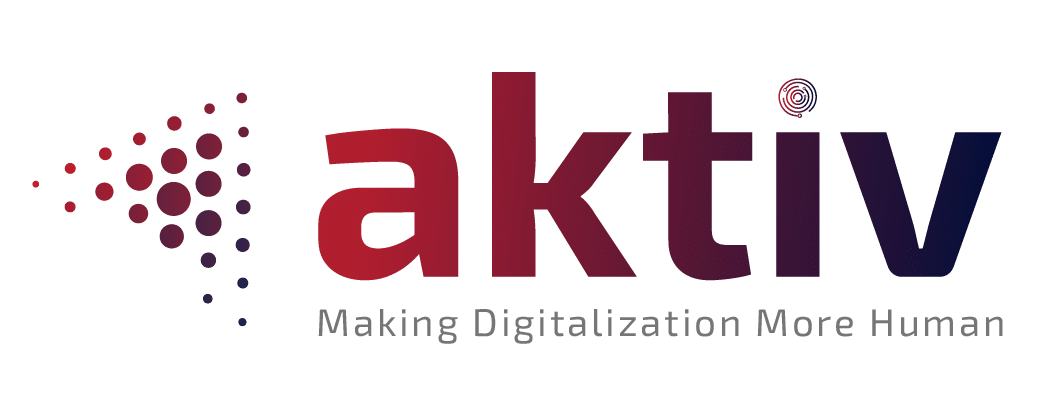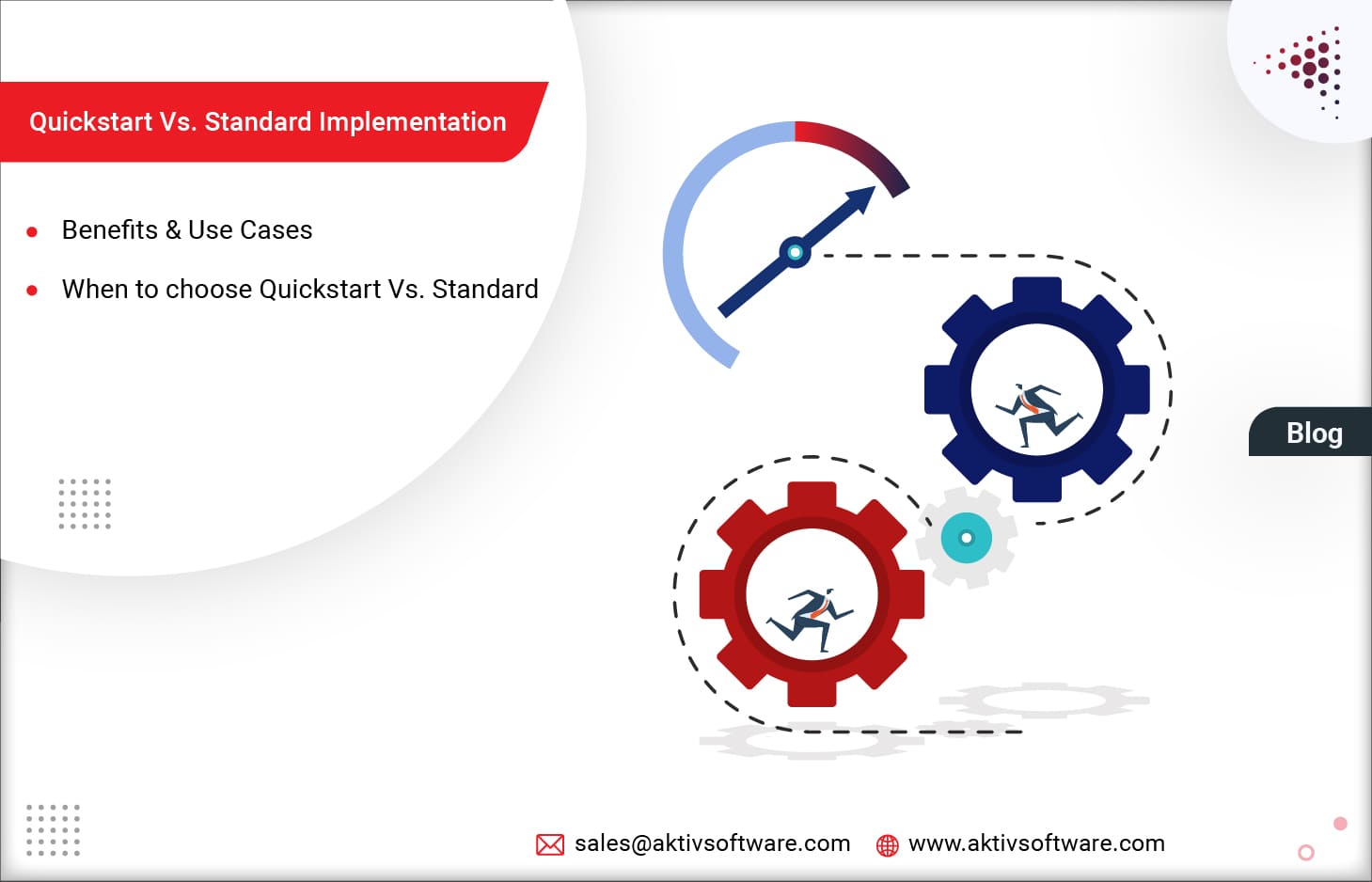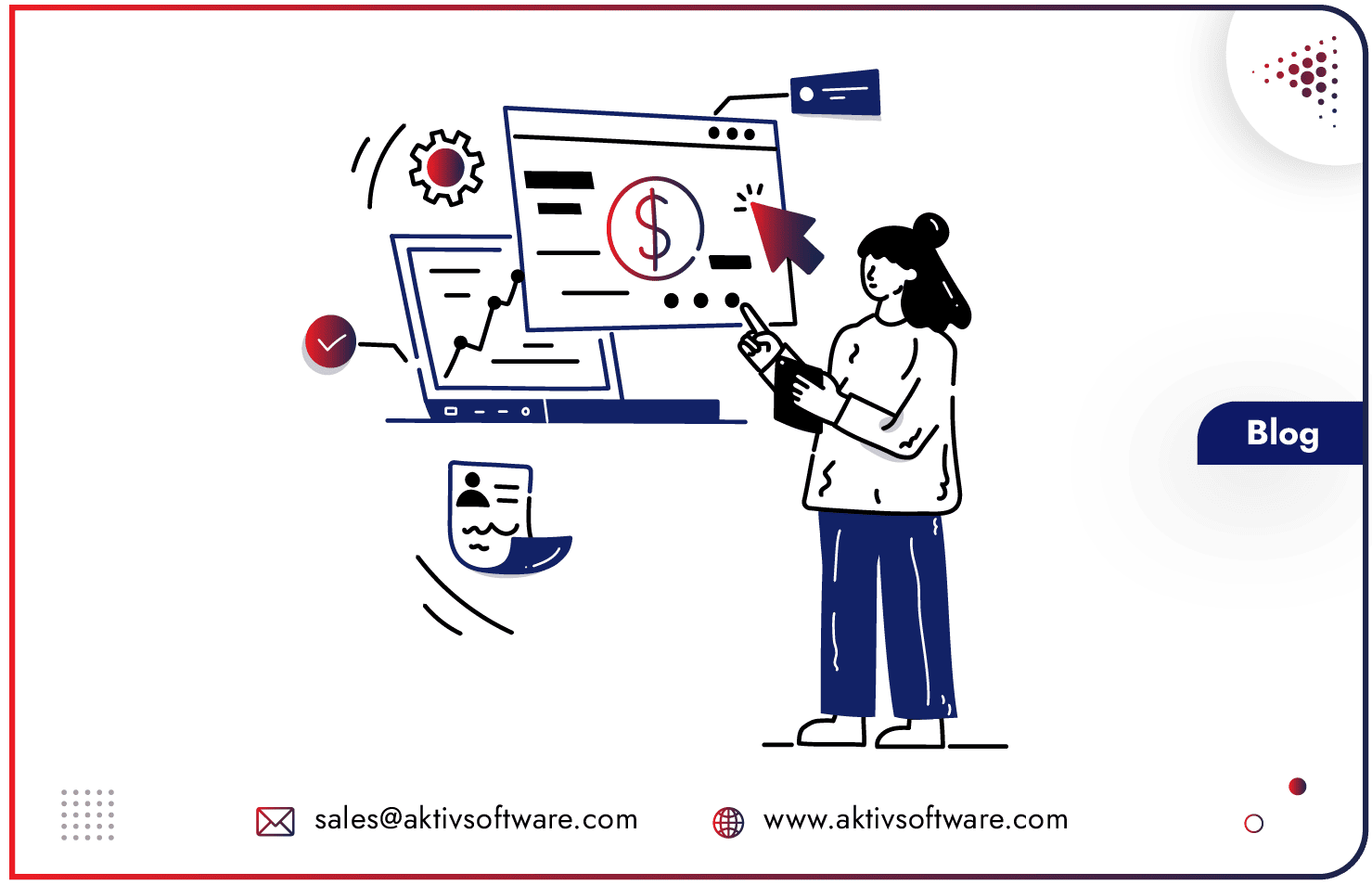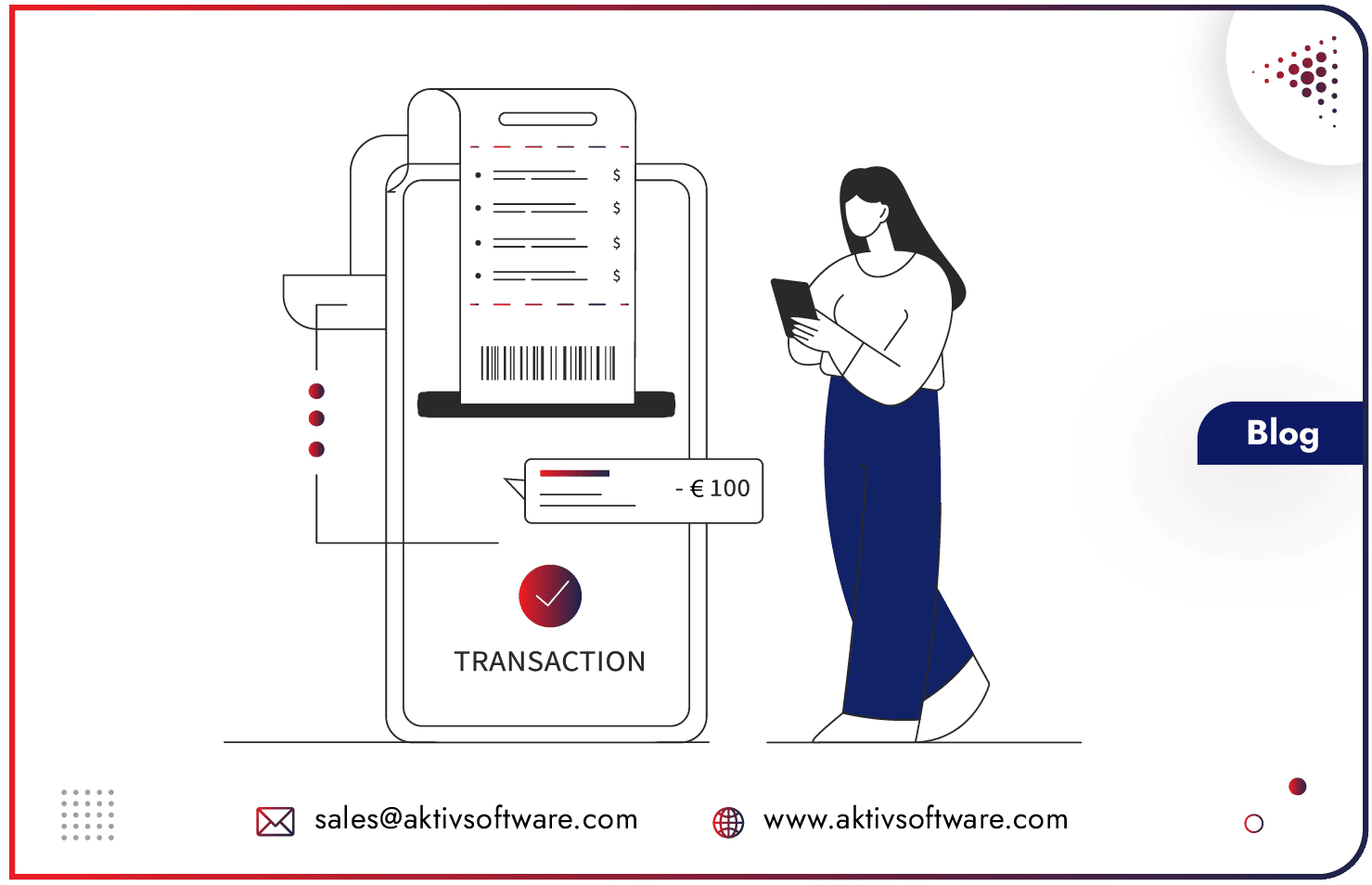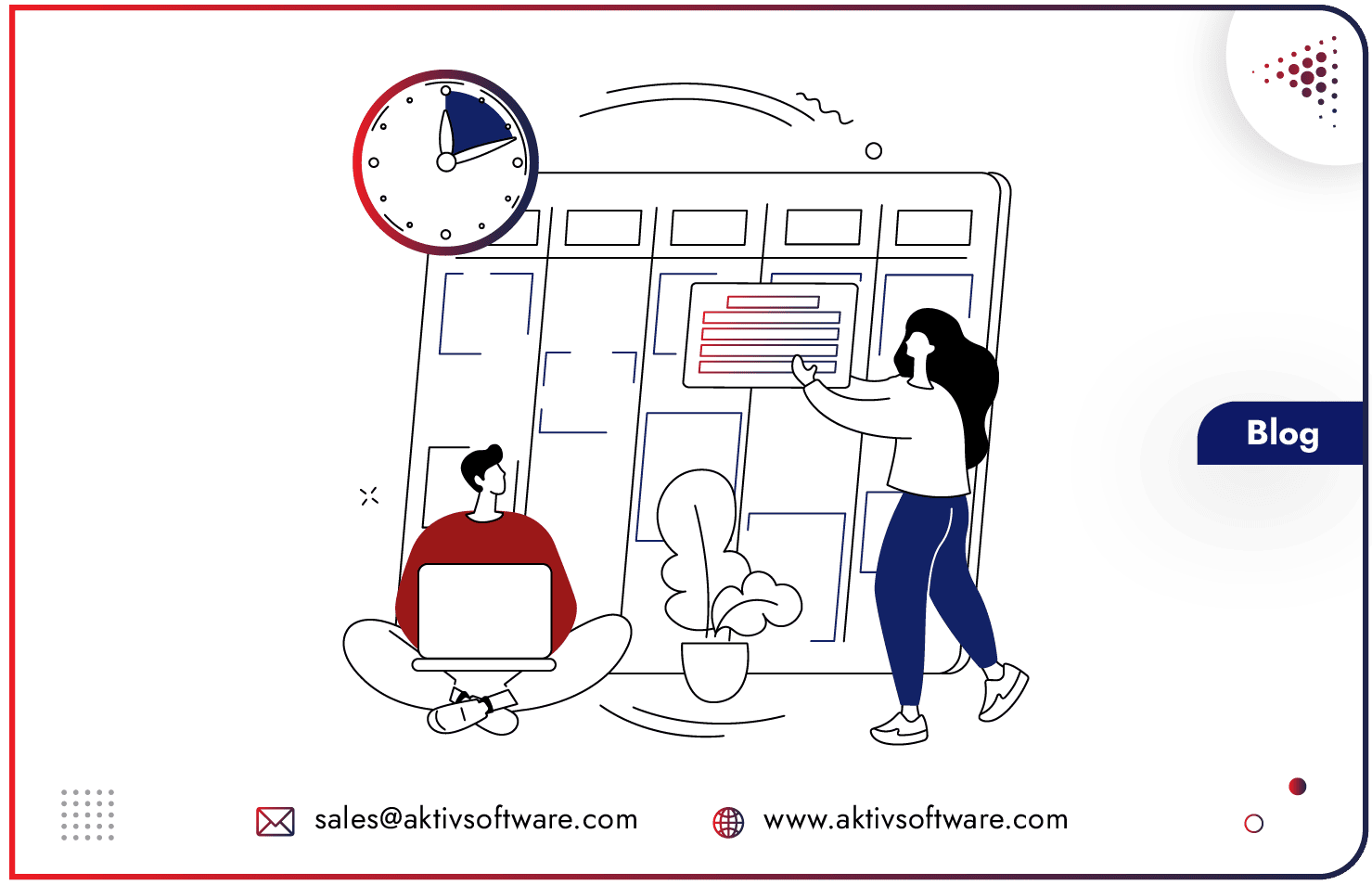Odoo, the popular open-source ERP system, offers a powerful suite of tools to streamline your business operations. But when it comes to Odoo ERP Implementation, you have two main choices: Quickstart and Standard.
Understanding the strengths of each approach is crucial according to your company’s needs. This blog will help you with a clear differentiation between both approaches.
The Ultimate Guide to Choosing Suitable Odoo Implementation Methodology
Standard Odoo ERP Implementation: Deep Customization, Long-Term Vision
The standard Odoo Implementation is ideal for businesses with complex workflows, unique requirements, and a well-defined long-term vision. This approach dives deep into customizing Odoo to perfectly mirror your specific processes.
Here’s what to expect:
Lengthy Implementation Timeline: Be prepared for a journey that can take over a year. Extensive planning, development, and testing are involved to ensure a tailored fit.
Extensive Customizations and Integrations: Standard implementations heavily rely on customization to bridge the gap between Odoo’s capabilities and your specific needs. This might involve custom modules, integrations with third-party applications, and data migration.
ERP Implementation Costs and Scope aren’t specified upfront: Due to the extensive customization involved, costs and project scope can be fluid and may evolve throughout the implementation process.
ROI Takes Time: With a longer implementation timeframe, the return on investment (ROI) will take longer to realize. However, the long-term benefits of a perfectly tailored system can be substantial.
Quickstart Approach: The Perfect Odoo ERP Implementation in 120 hours
If you’re looking for a rapid and cost-effective way to leverage Odoo’s core functionalities, then a Quickstart Implementation is your answer. This approach focuses on utilizing Odoo’s “out-of-the-box” features with minimal customization.
Here’s what you can expect:
Successful ERP Implementation within 8 weeks: Quickstart implementations are designed for swift deployment, typically completed within eight weeks or fewer.
Simpler Out-of-the-box Configurations: This approach prioritizes utilizing Odoo’s existing features and functionalities with minimal configuration adjustments.
Pre-defined Scope and Cost: Quickstart ERP Implementation Services usually come with pre-defined packages that clearly outline the scope of work and associated costs. This provides predictability and budget control.
You’ll start seeing immediate benefits: With a faster turnaround time, you’ll experience the advantages of Odoo much sooner, leading to quicker ROI.
Learn more about the Quickstart Implementation Approach!
Choosing the Right Path: Quickstart Vs. Standard Implementation
Here are some key factors to consider when deciding between a Quickstart and Standard Odoo ERP Implementation:
Business Complexity: If your business processes are intricate and require significant customization, a Standard ERP Implementation is likely the better choice.
Budget Constraints: Quickstart ERP Implementation Services offer a more cost-effective approach with predictable pricing.
Time Sensitivity: For businesses seeking a rapid solution, Quickstart allows you to leverage Odoo’s functionalities much faster.
Long-Term Vision: If extensive customization is crucial for future growth, a Standard Odoo Implementation might be necessary.
In conclusion, both Quickstart and Standard Odoo ERP Implementation Services offer distinct advantages. By carefully evaluating your business needs, budget, and timeline, you can make an informed decision that sets your company on the path to streamlined operations and improved efficiency. And to successfully implement you need a perfect Odoo Partner that understands your business workflow and assist you with an customized ERP that your business needs.
To know more about the timeline and budget aspects, connect with a Quickstart Consultant.

